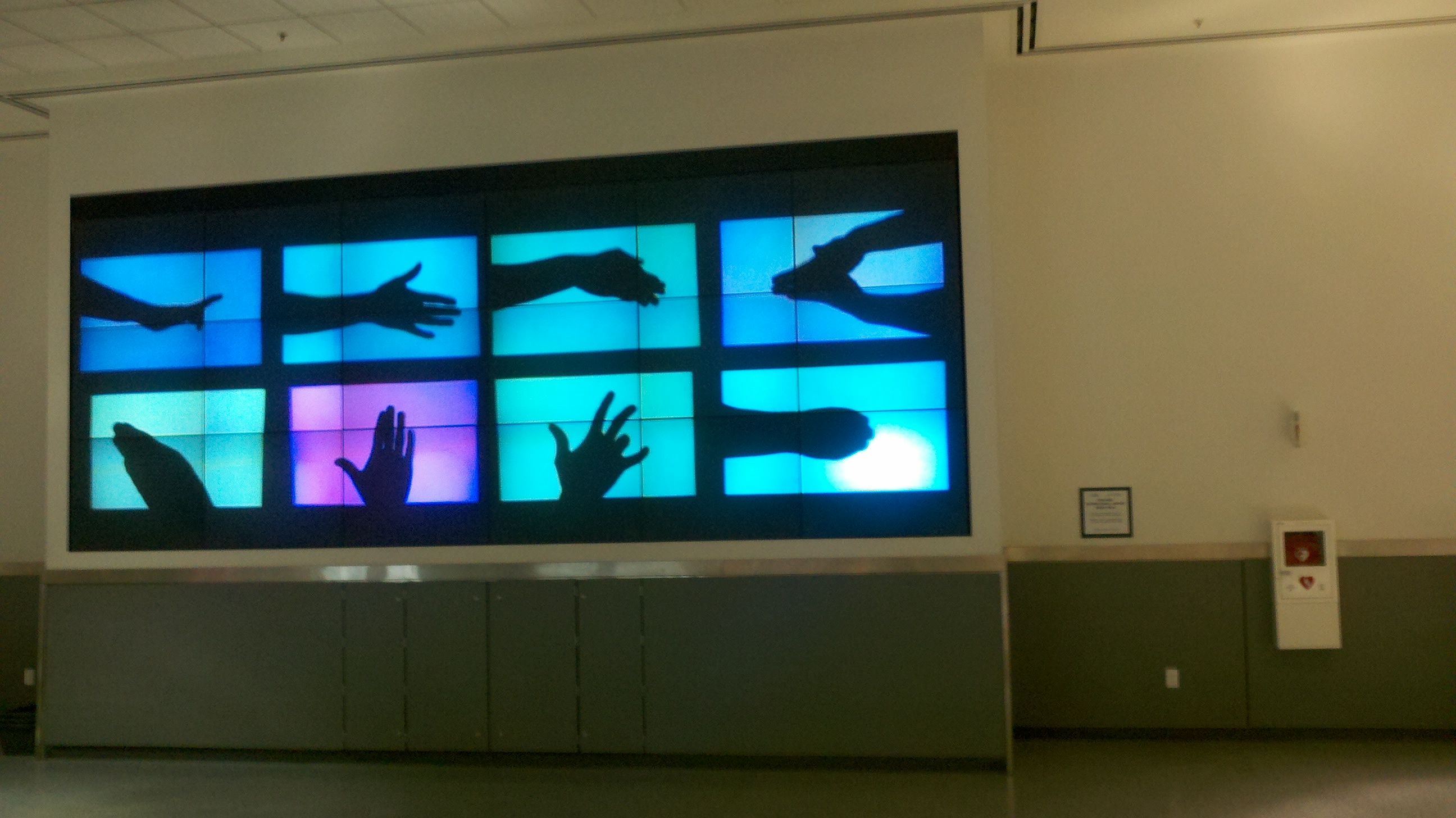Eureka! Maybe fixing the small stuff is the answer to the big picture?
Eureka! Maybe fixing the small stuff is the answer to the big picture?
For months, we’ve had a spotty internet connection. Super-fast when it’s working, then every X number of clicks, dead, nada, kaput. It’s intermittent; X can be 6, 10, or 30. Calls to Comcast, Vonage, and my psychic have made me feel better (especially my psychic), but have not resulted in the problem going away.
Some context: we’ve got running water, heat, and food. From that perspective, whining about digital access is unattractive. It’s shameful the “problems” we can obsess about in our wealthy society.
But from another angle, it’s my livelihood. My work from my home office is what pays the bills and gives me my professional identity. The frequent but uncertain interruptions could be mildly irritating on a good day; on a bad day, it was sometimes the last straw. “I knew I’d run out of creative ideas eventually. Ten years in business is good but sooner or later it’s going to crash. I’m living the wrong life!” Drama queen? Yes.
But it’s interesting to me how much the small things can make a difference in the big ones. I think we’re all confronted with challenges to our self esteem and our willpower, subject to doubts and fears. So small things that give us 2% better resiliency can make a huge difference, sometimes literally the difference between giving up for the day, and giving it one more shot. In the end, 2% here and 3% there is what can separate those of us who “function” in this society and manage to keep it together from those who fall over the edge. I’ve always felt it’s a thin line.
small things that give us 2% better resiliency can make a huge difference
That’s one reason it’s so painful to see the slooooow, chugging progress in the foster care system. We submit our home study for consideration, and weeks and weeks go by. Our social worker follows up, they assure us they’ll make a decision in the “next few weeks.” I don’t know anything about where these kids are now, but I’m certain that getting them to their forever family, even if they’re in perfectly safe hands, should be an urgent matter. They’ve missed out on having life-long stability from a parent, and will need to heal and recover from that. But I can’t help thinking sooner would be better than later.
See previous posts for understanding explanations of why it’s so slow and dreadful; it’s not any one social worker’s fault, it’s the underfunded, poorly run, broken system.
But I sure hope that system creaks itself into action and get our kids to us, so we can start giving them whatever we can to help them have an extra little bit of reserve as they face life. Without lots and lots of that from my parents growing up, I’m sure I wouldn’t be here. We’re going to do everything we can to pass that on to the next generation.

